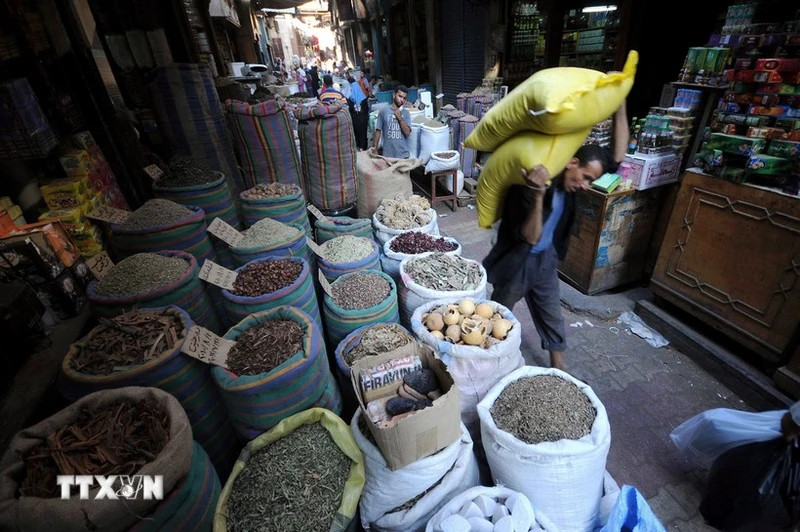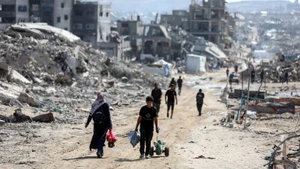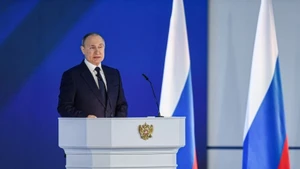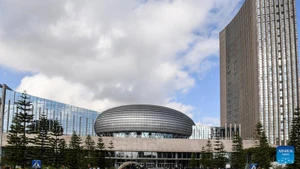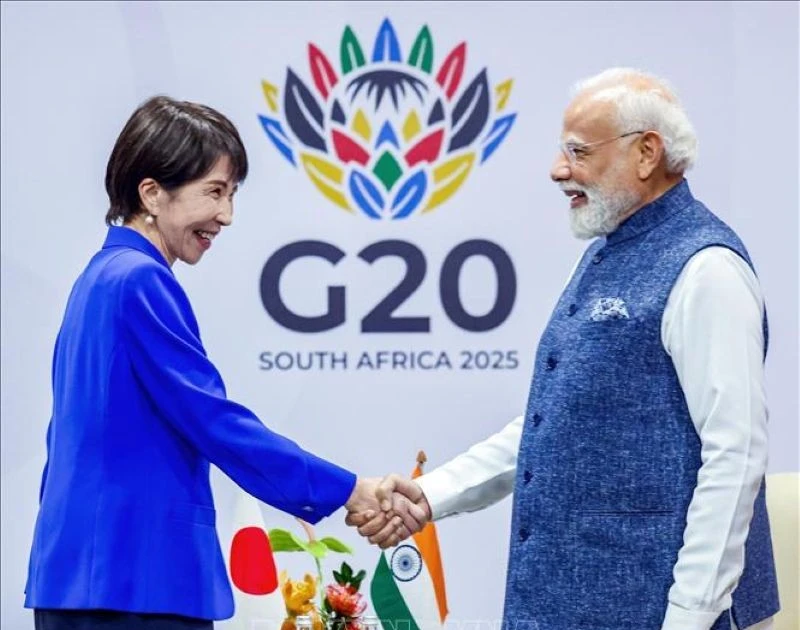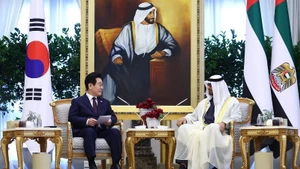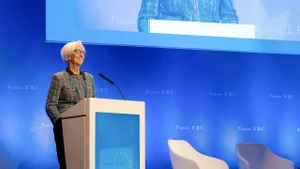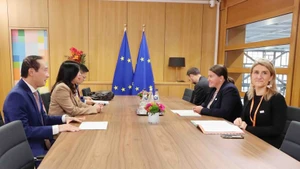The heavy responsibilities put pressure on Egypt's new leadership, with Prime Minister Mostafa Madbouly describing his new government as the "government of challenges." Previously, in his inauguration speech for the third term, Egyptian President Abdel Fattah El-Sisi also assessed that the country has been experiencing the most security challenges in decades.
The new government's action programme is based on four main pillars. These include safeguarding national security and improving foreign policy, enhancing people's welfare, building a competitive economy to attract investment, and achieving political stability and national cohesion. Prime Minister Mostafa Madbouly also highlighted some important tasks, such as addressing the challenges posed by the crises in Ukraine and the Middle East-North Africa region, especially the war in Gaza.
The action programme was introduced about a week after the new government, consisting of 30 members led by Prime Minister Mostafa Madbouly, was sworn in, as the North African country was grappling with difficulties, especially a severe economic crisis. With the goal of economic revival, the Egyptian government is committed to raising the economic growth rate in the upcoming term to 5%, while further promoting the participation of the private sector in the economy.
The programme also aims to eliminate the gender gap in the labour market and make Egypt a green hydrogen hub by 2030. Egypt aims to attract 30 million international tourists by 2028 and aspires to become a global logistics and trade centre. In a move to demonstrate strong determination for economic development, the Egyptian government established several ministerial groups, to address issues related to industry, economy, and energy.
Recently, like many economies around the world, Egypt's already fragile economy has been heavily impacted by the COVID-19 pandemic and the consequences of various conflicts. Increased tensions in the Middle East have threatened the security and stability of the entire region and severely affected Egypt's investment and business environment.
Last April, Egypt's Ministry of Planning and Economic Development announced that Suez Canal revenue, since the beginning of 2024 has decreased by more than 50% compared to the same period in 2023, due to tensions in the Red Sea. The lives of about 60% of Egypt's 106 million population are at or below the poverty line. Egypt is also depleting its foreign currency reserves due to declining tourism revenues and instabilities along the Suez Canal transport route. According to the World Bank (WB), between 2013 and 2022, Egypt's foreign debt increased from 46 billion USD to more than 165 billion USD, pushing the country to the second-largest default risk after Ukraine.
The North African country is also facing serious security challenges. The International Organisation for Migration (IOM) reported that Egypt is hosting over 9 million migrants and refugees from 133 countries. According to Prime Minister Mostafa Madbouly, Egypt spends more than 10 billion USD annually to support refugees and migrants in the country. Terrorist groups could exploit security gaps from conflicts in Sudan and Gaza to attack targets in Egypt.
As a mediator between the parties in the Gaza conflict, Egypt is actively promoting negotiations to achieve a ceasefire soon. According to experts, the conflict in Gaza poses many challenges, but it also presents an opportunity for Egypt to assert its influence in the region. With the new policies, public opinion hopes the North African nation will overcome this difficult period.
